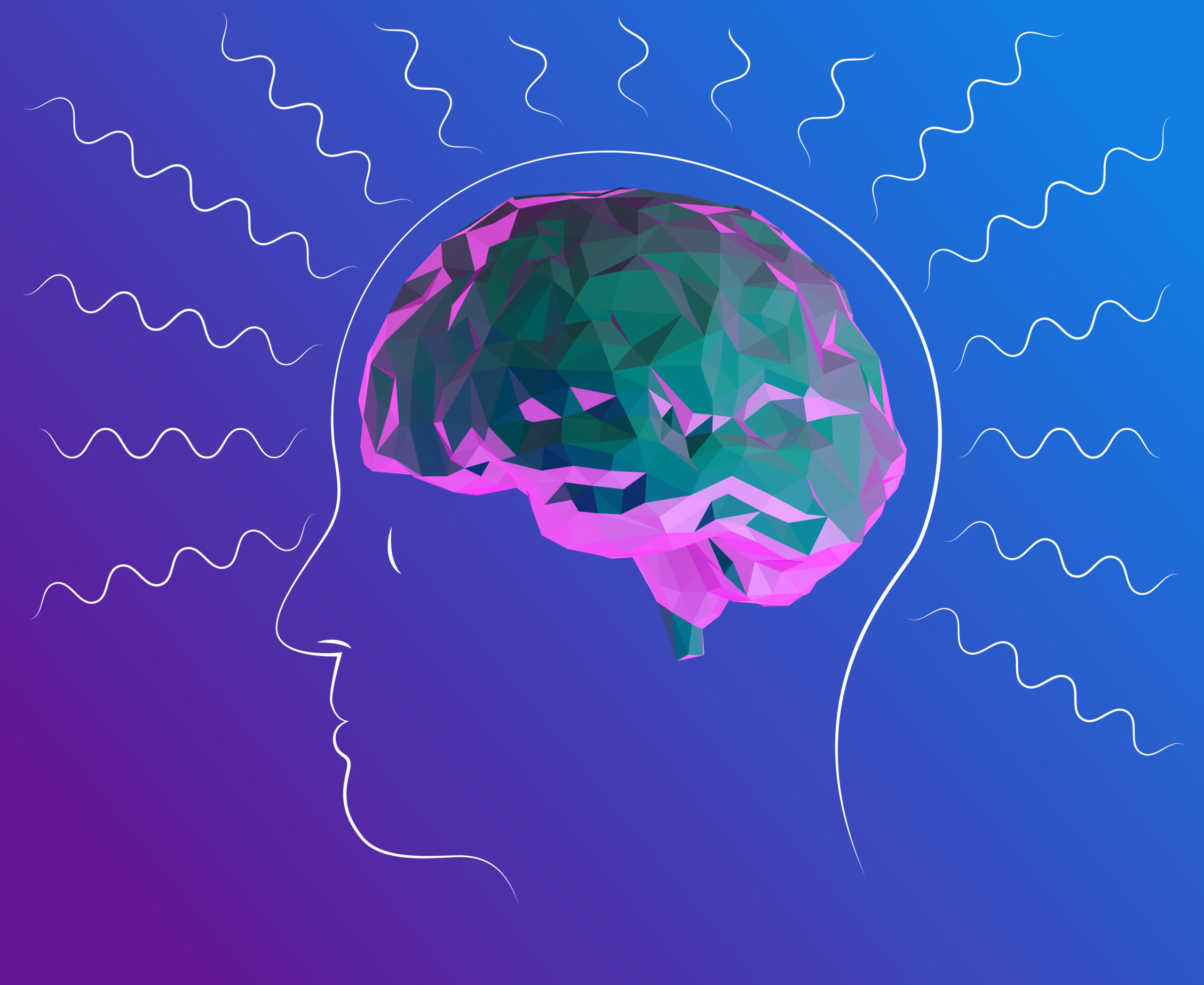
June 5, 2025
Contact us at: 800.444.4834
April 3, 2025

Traumatic brain injury (TBI) is an insult to the brain caused by an external physical force, such as falls, assaults, sports injuries, abusive head trauma, gunshot wounds, domestic violence, or motor vehicle accidents. An acquired TBI causes damage to the brain by internal factors, such as a lack of oxygen, exposure to toxins, pressure from a tumor, infectious disease, or aneurysm.
TBI is classified into three types: mild, moderate, and severe. The type of TBI a patient is diagnosed with is based on three factors: duration of loss of consciousness, duration of post-traumatic amnesia, and presence of positive neuroimaging findings.[1]
Following TBI, some individuals develop a TBI-related neurocognitive disorder. As would be expected, mild TBI is typically associated with relatively minor and temporary neurocognitive changes, while severe TBI is typically associated with more debilitating and long-term cognitive deficits.
Neuropsychological testing is often utilized to detect the presence and extent of neurocognitive changes following TBI.[2] A typical neuropsychological testing battery includes assessment of cognitive ability and psychological functioning. Depending on where the injury occurred in the brain (i.e., back of the head versus forehead), an individual’s presentation post-TBI can vary greatly, but neuropsychological tests are carefully designed to identify specific deficits associated with specific brain areas.
Neuropsychological testing can provide insight into cognitive abilities such as memory, attention, processing speed, verbal fluency, comprehension, visuospatial skills, and executive functioning. These abilities, though related, are distinct and deficits in one area versus another can impact an individual’s ability to work, engage socially, and take care them themselves.
Psychological health is also assessed in a neuropsychological evaluation, as disorders such as depression and anxiety can impact cognitive functioning. For example, depression has been associated with impaired memory function, reduced attention, and inability to engage in productive problem solving. Given this, it is critical to understand the reason an individual is presenting with poor memory function post-TBI, as the treatment for cognitive disorders is different than the treatment for psychological disorders.
In addition to the ability to detect and describe post-TBI cognitive deficits, a neuropsychological evaluation is also utilized to identify cognitive functions that remain intact. Pre-injury, or pre-morbid, estimation of intellectual functioning is an important part of neuropsychological testing, as understanding an individual’s baseline capacity is imperative to understanding any acquired deficits. An individual’s pre-injury background (i.e., educational achievements, employment status, relationship health, medical history) can provide important context for understanding their pre-injury level of functioning; however, there are also tests specifically designed to assess types of cognition that are generally considered unaltered by brain injury. Proper estimation of premorbid functioning ensures more accurate diagnosis of cognitive changes, which ultimately increases the chances of individuals with brain injury getting the services they need.
Finally, a neuropsychological test battery includes methodology for determining whether the results of the evaluation are valid (i.e., the results of true neurocognitive function) or invalid (i.e., overly impacted by the patient’s effort/engagement in testing). This is particularly important in forensic cases, whereby the plaintiff may exaggerate their impairment for secondary gain or may understate their issues out of embarrassment. A neuropsychologist can utilize stand-alone validity tests as well as embedded validity indicators to assess an individual’s level of effort and the reliability of their performance.
Altogether, neuropsychological testing can be vital in understanding cognitive functions and psychological health, ultimately informing tailored treatment strategies and supporting decisions regarding the individual’s well-being. By offering a comprehensive evaluation of brain function, these assessments enhance functional outcomes, with the goal of fostering improved quality of life for those affected by TBI.
[1] Table A-1, Classification of TBI Severity – Complications of Mild Traumatic Brain Injury in Veterans and Military Personnel: A Systematic Review – NCBI Bookshelf
[2] Halalmeh, D. R., Salama, H. Z., LeUnes, E., Feitosa, D., Ansari, Y., Sachwani-Daswani, G. R., & Moisi, M. D. (2024). The role of neuropsychology in traumatic brain injury: comprehensive literature review. World neurosurgery, 183, 128-143.